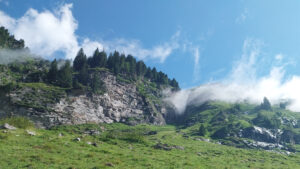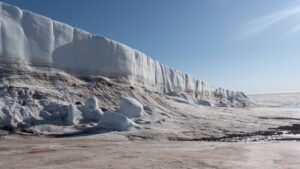Exploring Forest Fire
Details
Full Title
Exploring Forest Fire in the Changing Climate
Suggested by
Zhiyi Chen, Carlotta Musso
The respective workshop calls for contributions regarding ...
- Plant ecophysiology
- Plant hydraulics
- Tree anatomy
- Forest ecology
- Seed physiology
- Plant phenotype
- Forest modeling
- Alpine plant ecology
Keywords
Ecophysiology, Forest fire, Plant hydraulics, Plant physiology, Forest ecology
Type
Sessions
Description
With climate change, the frequency and intensity of forest fires are rising globally, affecting even the high-altitude forests of mountain regions like the Alps. These fires not only threaten the stability of these forests but also diminish their protective functions. The immediate effects of fire include severe heat damage to plant tissues, while nonlethal heat injuries often trigger longer-term consequences, such as limitations in carbon assimilation and disruptions in water relations. Fires also increase the vulnerability of trees to insects and pathogens, impacting the forest floor by affecting roots, seeds, seedlings, soil health, and mycorrhizal networks. However, fire can also act as an ecological driver of change, promoting the evolution and establishment of light-demanding, shade-intolerant species. In many cases, fire plays a complex role in altering forest composition, leading to shifts in species dynamics that can influence the recovery processes and long-term resilience of these forest ecosystems as they adapt to changing environmental conditions.
Format/Concept
This session connects PhD students and researchers investigating impacts of forest fires. We will discuss key questions on the immediate and long-term effects of fires on tree physiology and forest dynamics.
This session offers a unique space for researchers to explore fire-induced damage on tree hydraulics, assess survival strategies, identify both negative and potential positive impacts of fires on forest ecosystems, and explore critical parameters for modeling fire effects. Through interdisciplinary dialogue, the session will address methodological challenges and encourage collaboration, aiming to advance our understanding of tree resilience and adaptation in fire-prone environments.

